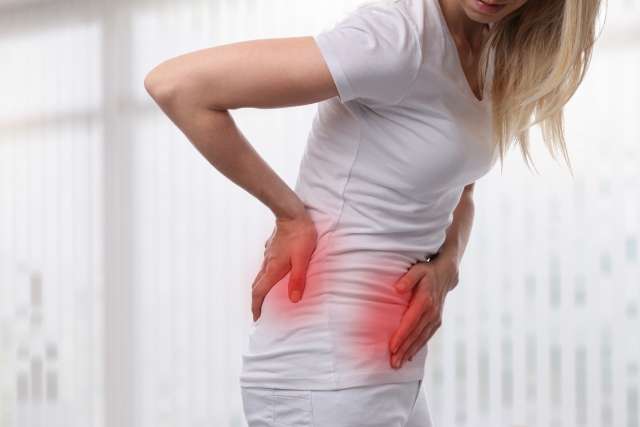Dear Doctors: I had such bad abdominal pain that my husband took me to the ER. I was told I was passing a kidney stone. It took two days, and it was excruciating. What are kidney stones? Is there anything I can do to keep this from happening again?
Dear Reader: A kidney stone is a bit of solid debris that can form due to a buildup of salts and minerals within the urinary tract. It can range in size from a grain of sand to a small -- or not-so-small -- pebble. It is estimated that 1 in 10 people will pass a kidney stone during their lifetime. Although this can occur at any age, it is most common in people age 30 and older.
As you have discovered (unfortunately!), passing a kidney stone is often very painful. This is because the stone can become stuck on its journey to exit the body. When stones leave the kidney, they pass into the ureter, which is the tube through which urine moves to the bladder. The walls of the ureter are not elastic, and thus cannot yield to a foreign object. When a kidney stone gets stuck, it can cause the ureter to go into spasm, which can cause significant pain.
When a kidney stone is unable to move, the resulting blockage forces urine to back up into the kidney. This leads to mounting pressure that causes widespread pain in the region of the belly, groin and back. Blockages can also lead to infection.
Symptoms include fever, nausea, vomiting, urine that is cloudy or has an unpleasant odor, urinary urgency and blood in the urine. Treatment begins with the use of medications to manage pain, plus hydration to help pass the stones. Larger stones and those that are impacted may require shockwave therapy. This breaks the stone into particles that are small enough to move through the ureter. In very difficult cases, surgical options may be considered.
Anyone who has passed a kidney stone, or knows of someone who has, will be motived to make lifestyle changes to decrease their risks. The first step is to drink plenty of water. This prevents the urine from becoming concentrated, which leads to development of the crystals from which kidney stones are formed. It is also important to pay attention to diet. This is particularly true for someone who has already passed a kidney stone.
Kidney stones fall into several categories. The most common are made up of calcium and oxalate, a natural compound found in vegetables, fruits, nuts and grains. Foods high in oxalate include spinach, walnuts, beets, sweet potatoes, chocolate and tea. It is also important to limit foods high in purines. These contribute to the formation of uric acid, which is associated with the formation of another type of kidney stone. Foods high in purines include red meat, organ meats and shellfish. Alcohol consumption also plays a role in the formation of kidney stones. Your health care provider can help you with the lifestyle changes needed to decrease your risk of kidney stones.
(Send your questions to [email protected], or write: Ask the Doctors, c/o UCLA Health Sciences Media Relations, 10960 Wilshire Blvd., Suite 1955, Los Angeles, CA, 90024. Owing to the volume of mail, personal replies cannot be provided.)





